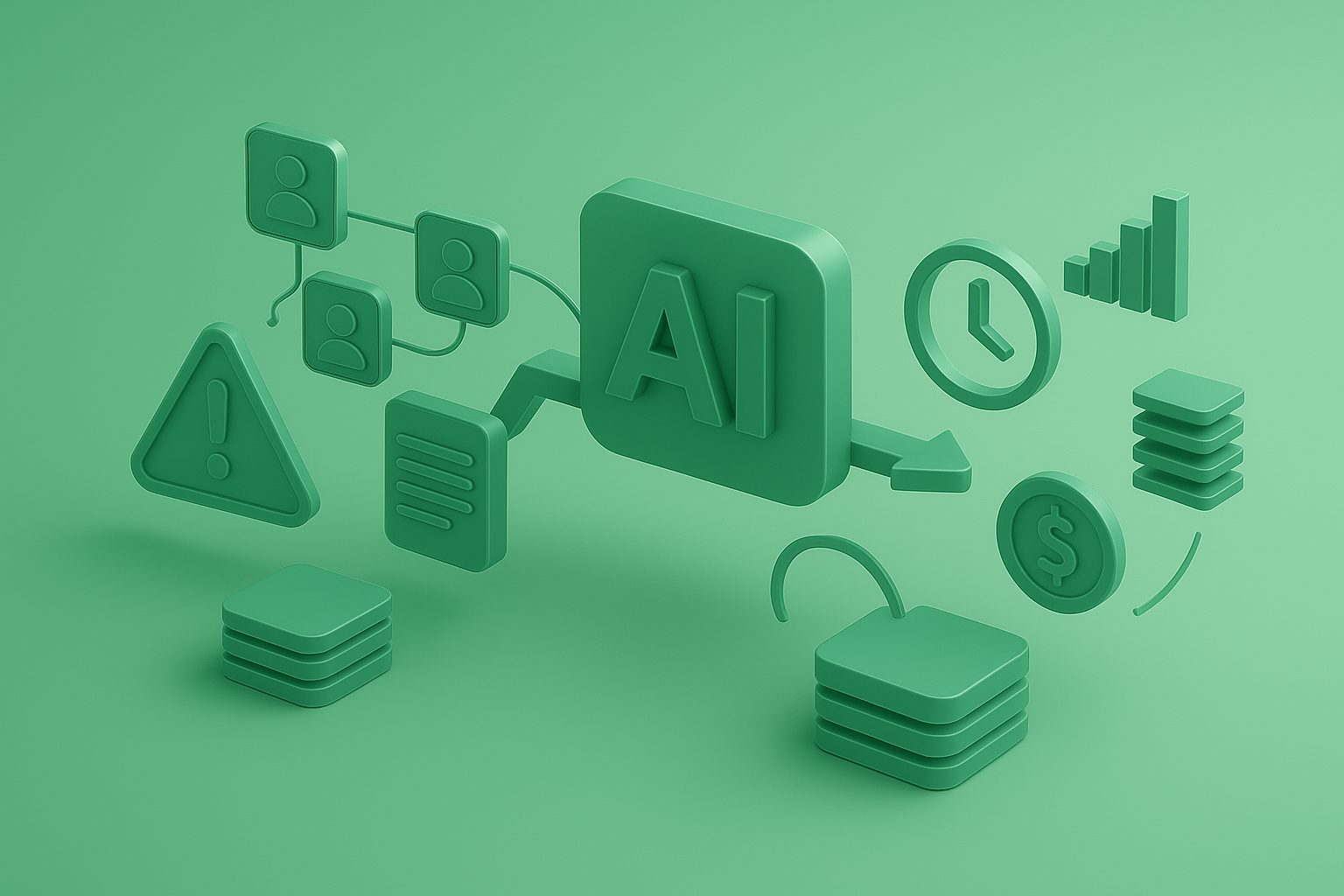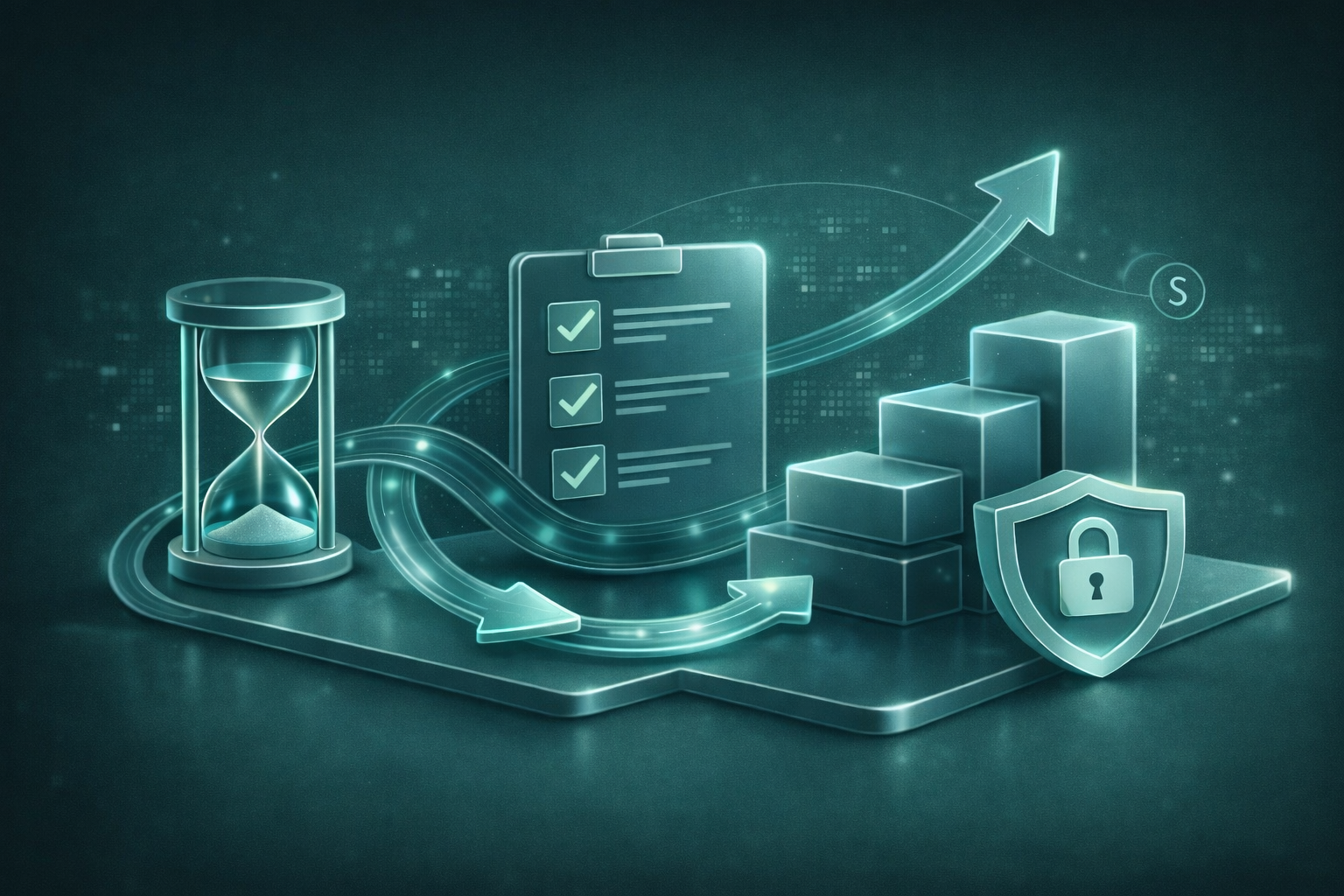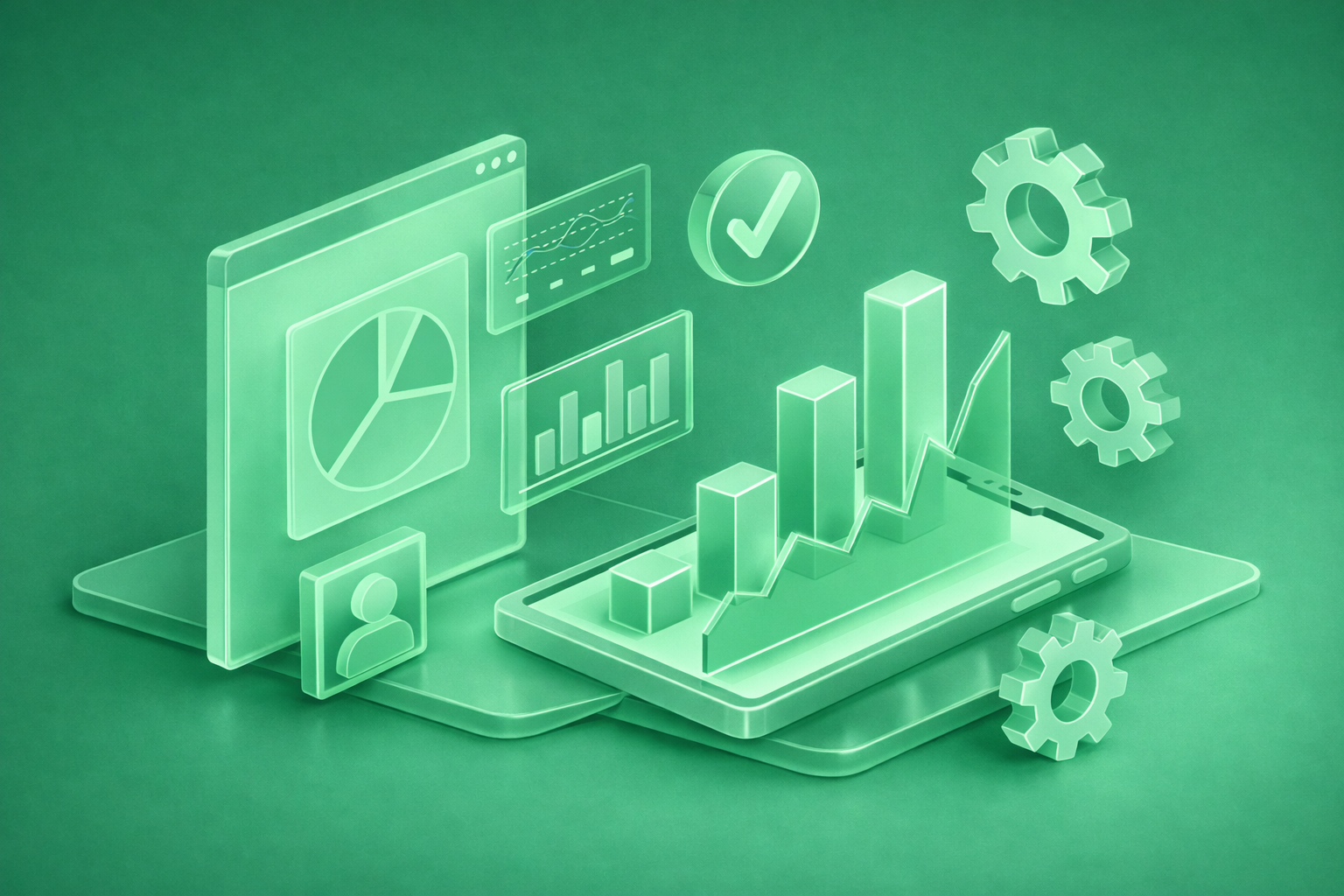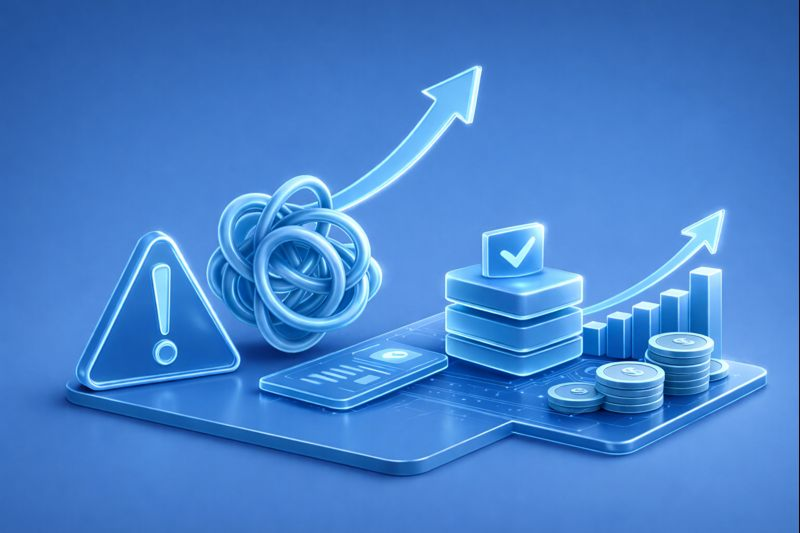The New Strategic Imperative: AI for Procurement

Category
AI Procurement
Published Date
February 19, 2026
Reading Time
5 Min Read
AI in Procurement: Why It Has Become a Strategic Imperative, Not a Technology Upgrade
Procurement has experimented with analytics and automation for years, yet artificial intelligence marks a different inflection point. AI is not another efficiency tool layered onto existing processes. It is reshaping how procurement senses risk, prioritizes decisions, and engages with the business.
What makes AI a strategic imperative is not the sophistication of the algorithms, but the context in which procurement now operates. Supply markets are volatile, data volumes are overwhelming, and decision windows are shrinking. Manual judgment alone can no longer keep pace.
The question for enterprises is no longer whether AI belongs in procurement, but whether procurement can remain relevant without it.
Why Traditional Procurement Models Are Reaching Their Limits
Most procurement operating models were designed for predictability. Annual sourcing cycles, stable supplier bases, and historical spend analysis formed the backbone of decision-making.
That model struggles in today’s environment. Market conditions shift rapidly. Supplier risk emerges with little warning. Regulatory and ESG expectations evolve continuously. Procurement teams find themselves reacting after impact rather than anticipating it.
AI matters because it addresses this asymmetry. It allows procurement to move from retrospective analysis to forward-looking insight at a scale humans cannot match.
AI Changes Procurement’s Role in Decision-Making
The most significant impact of AI is not automation of tasks, but elevation of judgment. By processing large datasets across spend, supplier performance, market signals, and external risk factors, AI surfaces patterns that would otherwise remain hidden.
This changes how decisions are made. Procurement can identify risk earlier, test scenarios faster, and prioritize interventions with greater confidence. Instead of spending time assembling data, teams spend time interpreting implications.
In this shift, procurement moves closer to the business—not as a gatekeeper, but as an advisor.
From Transactional Efficiency to Strategic Intelligence
Early procurement automation focused on reducing manual effort: invoice capture, purchase order creation, and basic compliance checks. AI extends beyond efficiency into intelligence.
Predictive analytics can highlight emerging supply risks. Spend analysis can reveal structural leakage rather than isolated savings opportunities. Contract analysis can surface obligations and exposure that were previously buried in documents.
The value of AI lies in connecting these insights across the Source-to-Pay lifecycle, not in isolated use cases.
Why AI Adoption Often Stalls After Pilots
Many enterprises run successful AI pilots yet struggle to scale impact. The reason is rarely algorithm quality. More often, AI is introduced without rethinking processes, ownership, or decision rights.
If insights are generated but not embedded into workflows, behavior does not change. If teams are not empowered to act on recommendations, value remains theoretical. AI fails when it is treated as an add-on rather than an operating model shift.
Strategic impact requires integration, governance, and trust in the outputs.
Risk, Compliance, and the Need for Continuous Intelligence
Risk and compliance pressures have increased dramatically, but most controls remain periodic. Audits are retrospective. Risk assessments are refreshed infrequently.
AI enables continuous monitoring. Transactions, supplier behavior, and market signals can be assessed in near real time. This allows procurement to intervene earlier—before disruption or non-compliance escalates.
In this context, AI strengthens governance rather than weakening it.
The Talent Implication Procurement Leaders Underestimate
AI does not eliminate the need for procurement expertise. It changes it.
Teams must become comfortable interpreting probabilistic insights, challenging recommendations, and explaining decisions to stakeholders. Business fluency becomes as important as technical fluency.
Enterprises that invest in AI without investing in capability development often fail to realize its value.
What AI-Enabled Procurement Looks Like in Practice
In mature environments, AI is woven into daily decision-making. Insights appear where decisions are made, not in separate dashboards. Exceptions are flagged early. Scenarios are tested before commitments are locked in.
Procurement becomes faster, but also more deliberate. Decisions are informed by patterns rather than anecdotes.
This is where AI shifts from technology initiative to strategic capability.
The Enterprise Takeaway
AI in procurement is no longer optional because the operating environment no longer allows for slow, reactive decision-making.
Enterprises that embed AI into their procurement models gain foresight, resilience, and credibility. Those that treat it as a peripheral tool struggle to keep pace as complexity increases.





